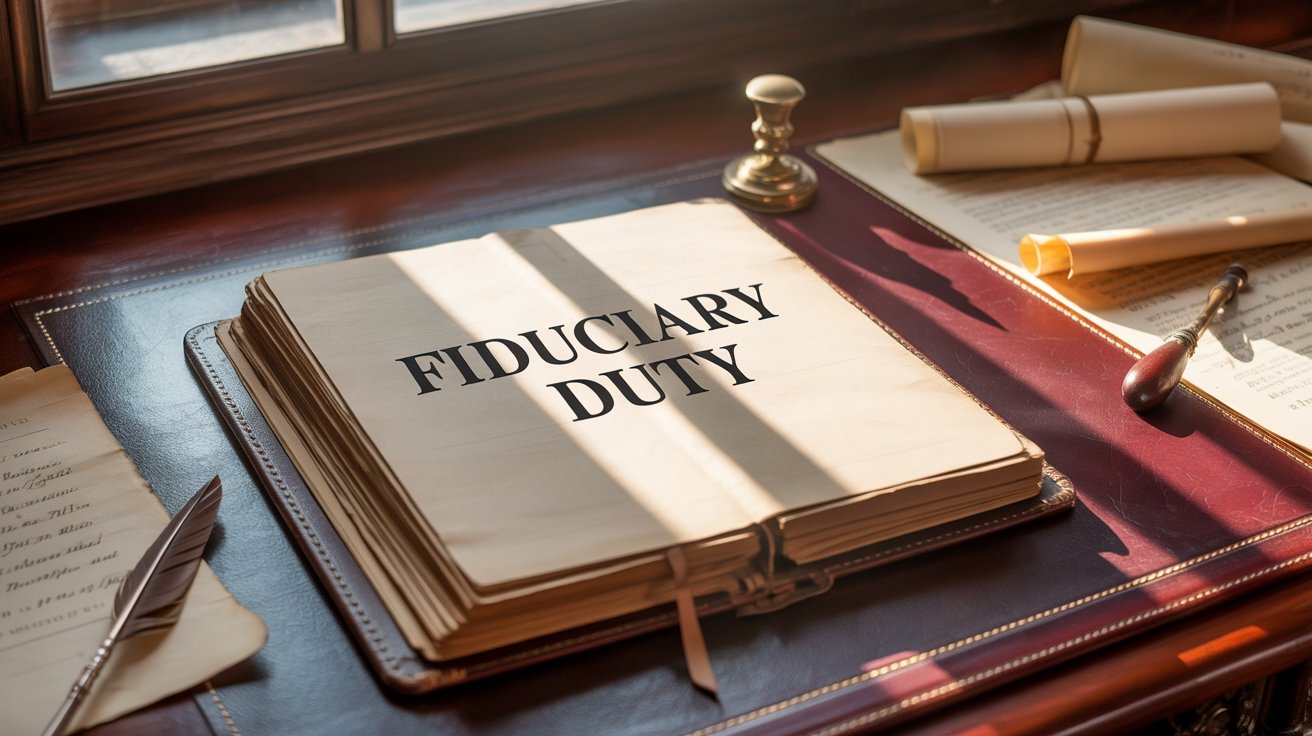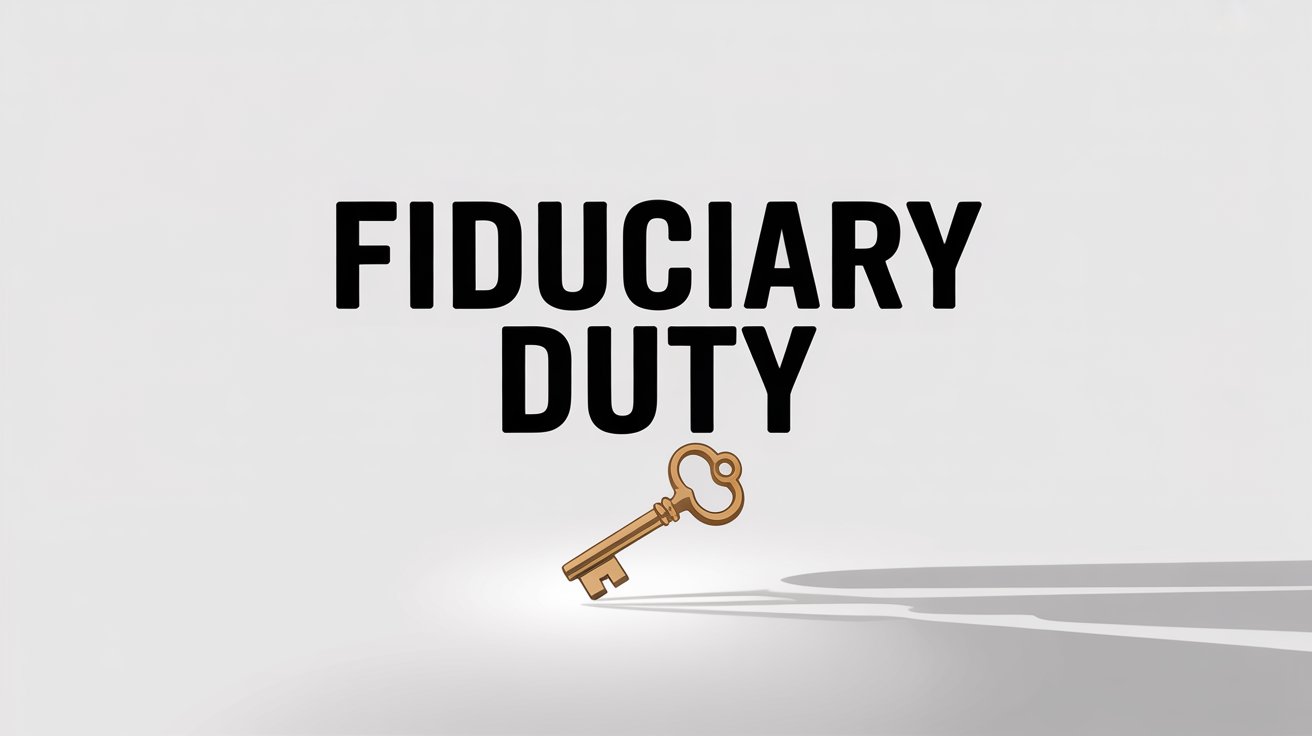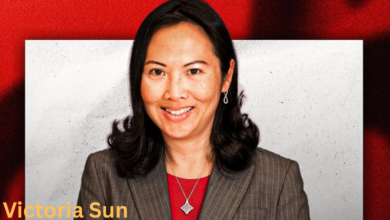Understanding Fiduciary Duty – A Complete Beginner’s Guide

In every trusted relationship, whether in business, finance, or even personal matters, one concept quietly shapes how decisions are made: fiduciary duty. It is a promise, a responsibility, and a legal expectation all at once. If you have ever relied on someone to act in your best interest, you have placed your confidence in the power of fiduciary duty.
This guide breaks down what fiduciary duty means, why it matters, and how it works in everyday situations. By the end, you will see not only what fiduciary duty is but also why it stands at the heart of trust-based decision-making.
What Is Fiduciary Duty?
At its simplest, fiduciary duty is an obligation to act with loyalty and care for another party’s benefit. It’s more than good manners; it’s a binding expectation. A person or organization with fiduciary duty must put someone else’s interests ahead of their own. In legal and financial contexts, failing to uphold this duty can lead to serious consequences.
Where Fiduciary Duty Shows Up
You can find fiduciary duty in many areas of life:
- Financial Advisors – Professionals who manage money must prioritize client needs.
- Company Directors – Leaders owe fiduciary duty to shareholders.
- Lawyers – Attorneys must protect client interests within legal boundaries.
- Trustees – Those who hold assets for others carry a fiduciary duty to safeguard them.
In each role, the common thread is trust — a belief that the fiduciary will act honestly, carefully, and fairly.
Core Principles Behind Fiduciary Duty
Understanding fiduciary duty means understanding its pillars:
- Loyalty – Acting for someone else, not for personal gain.
- Care – Making decisions with the same caution a prudent person would use.
- Honesty – Sharing all relevant information truthfully.
- Good Faith – Choosing actions that genuinely support the other party’s interests.

Why Fiduciary Duty Matters
Without fiduciary duty, trust collapses. Businesses rely on it to keep leaders accountable. Investors depend on it to protect their savings. Clients lean on it to ensure professional advice is not biased. In every case, fiduciary duty creates confidence, which in turn makes agreements possible.
Comparing Fiduciary Duty to Ordinary Responsibility
A key distinction exists between regular responsibility and fiduciary duty. Regular responsibility allows a person to balance multiple interests, including their own. Fiduciary duty, however, demands a higher standard: the fiduciary must place another’s interest above their own. This single focus makes fiduciary duty unique and legally enforceable.
Common Examples of Fiduciary Duty in Action
Financial Management
An investment advisor has a fiduciary duty to recommend strategies that fit the client, not those that generate higher fees for the advisor.
Corporate Boards
Board members owe fiduciary duty to the company and its shareholders, ensuring decisions benefit the business rather than individual board members.
Legal Representation
A lawyer must give honest advice, even if that advice might reduce the lawyer’s own short-term income, because fiduciary duty demands loyalty to the client’s best outcome.
Breach of Fiduciary Duty
When someone fails to honor fiduciary duty, it’s called a breach. Breaches can involve:
- Misusing client funds
- Hiding critical information
- Making self-serving decisions at the client’s expense
Courts take breaches seriously because they undermine trust. Depending on the case, a breach of fiduciary duty can lead to financial damages, legal penalties, or even removal from a professional role.
How to Prove a Breach of Fiduciary Duty
Typically, a claimant must show:
- A fiduciary duty existed.
- That duty was breached through action or inaction.
- The breach caused harm, often measurable in money or opportunity lost.
This structure helps courts analyze whether fiduciary duty was truly violated.
Fiduciary Duty in Business Transactions
Business deals often hinge on fiduciary duty. Partners in a firm must act with loyalty toward one another. Corporate officers must protect company assets. If someone prioritizes personal benefit over corporate health, fiduciary duty has been compromised, and legal challenges may follow.
Fiduciary Duty vs. Contractual Duty
While contracts create promises, fiduciary duty is deeper. Contracts may be equal — each side looking out for themselves. Fiduciary duty creates a hierarchy: one side carries a higher level of care, acting for the other’s well-being first. This is why fiduciary relationships often feel more personal and legally sensitive.
Protecting Yourself with Fiduciary Duty
When hiring a professional or entering a trust-based agreement, confirming the presence of fiduciary duty provides protection. It sets a standard. If things go wrong, fiduciary duty offers a legal pathway to hold someone accountable for unfair behavior or negligence.
Ethical Dimensions of Fiduciary Duty
Beyond law, fiduciary duty reflects ethics. It’s about integrity when no one is watching. Professionals guided by fiduciary duty often earn long-term respect because they make choices that honor trust, even when shortcuts could offer quick profit.
The Future of Fiduciary Duty
As industries evolve, so will the meaning of fiduciary duty. Emerging fields like digital asset management, AI-driven financial tools, and decentralized organizations will all test how fiduciary duty adapts to new forms of trust and risk. Still, its core — loyalty and care — will likely remain unchanged.
Choosing Between Fiduciary Duty and Other Relationship Types
Some professional relationships are advisory only, meaning no fiduciary duty exists. Understanding the difference matters. If you need someone legally bound to act for you, confirm fiduciary duty is part of the agreement. This comparison highlights why fiduciary duty often provides stronger protection than standard service contracts.

Conclusion
Fiduciary duty is the backbone of trust in countless professional and personal relationships. It creates a clear expectation: the fiduciary must act with loyalty, honesty, and care for someone else’s benefit. Whether in law, finance, corporate governance, or partnerships, fiduciary duty ensures that power is balanced with responsibility. Knowing when it applies — and how to enforce it — can protect your interests and strengthen the systems you rely on every day.
FAQs
- What is fiduciary duty in simple terms?
It’s the legal and ethical responsibility to act in someone else’s best interest, ahead of your own. - Can fiduciary duty exist without a formal contract?
Yes. Some relationships carry fiduciary duty automatically, like attorney–client or trustee–beneficiary roles. - What happens if someone breaches fiduciary duty?
Legal claims, financial compensation, or removal from a professional role may follow. - Is fiduciary duty the same in every state or country?
The principles are similar, but exact legal standards may vary by jurisdiction. - How do I know if a professional owes me fiduciary duty?
Ask directly. Lawyers, financial advisors, and trustees almost always do; other service providers may not.
Keep an eye for more news & updates on Evolant Agency!




